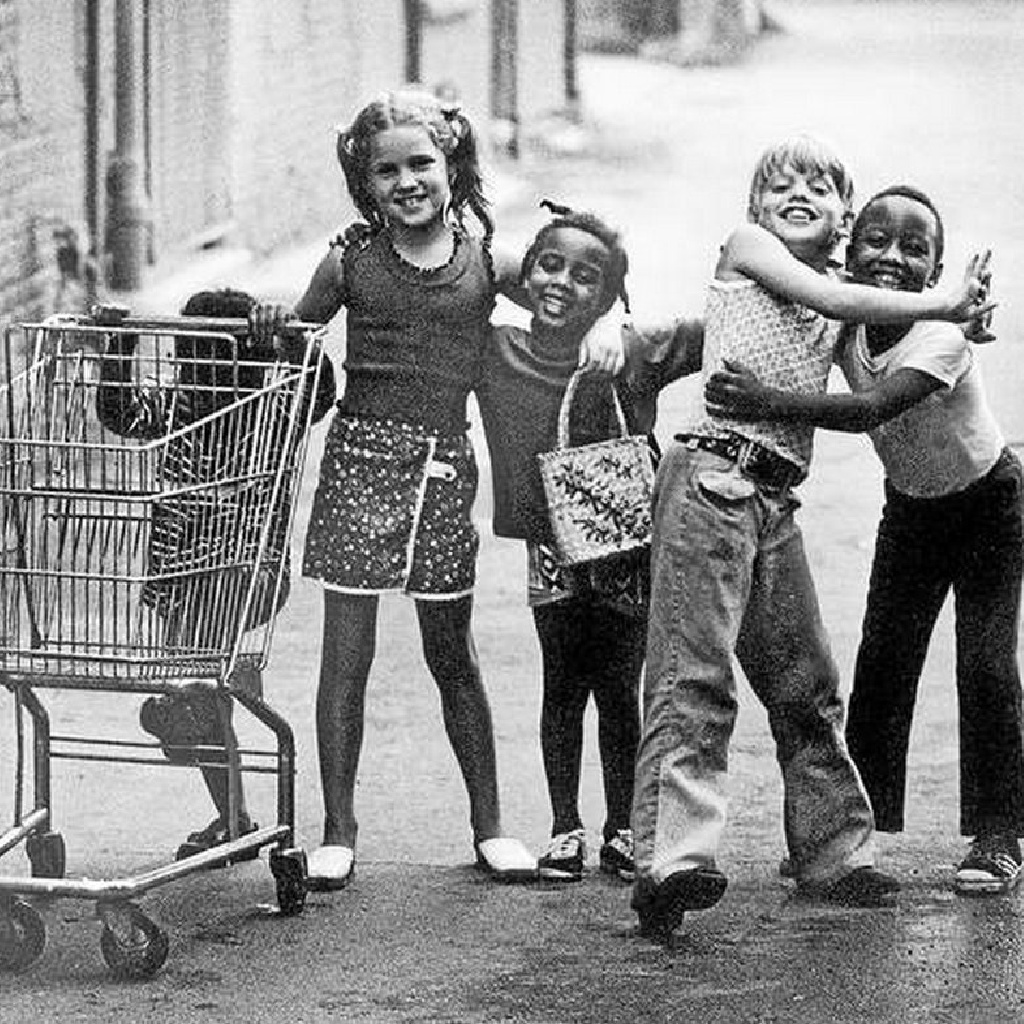The sun rose this spring on a world that seems less bright without Clay Christensen in it. I first met him about 20 years ago when I was a Ph.D. candidate at the University of Chicago and serving as the advisor to the Latter-day Saint Student Association. We had received school funding to bring LDS speakers to campus who represented excellence in both their professional and their personal lives. Richard Bushman from Columbia was one of our first speakers, and he recommended Clay as a potential speaker who perfectly matched those criteria, plus, “He recently published a book on innovation a lot of people are excited about.”
My wife and I picked up Clay from O’Hare and brought him to Hyde Park in our dilapidated minivan. He seemed completely at ease—mentioning as an aside how proud he was of his own Chevy Nova. I tried to engage him in conversation about his work at Harvard; he was much more interested in finding out about the three booster seats in the back seat which we had shuffled around to try to accommodate his 6’8” frame.
Clay asked detailed questions about our young family—we had three kids ages five and below, including our daughter, Chaya, who had cerebral palsy. Throughout the day, Clay gave us the feeling that it was his honest privilege to be spending time with us rather than the other way around. He started asking me about my own research. I gave him a brief summary, but eventually admitted that I was more interested in a marketing career. However, I worried that business would be an intellectually barren enterprise and that there was no realistic path for me into that field.
Clay’s energy lit up the van as he responded to my questions. He talked about the intelligence, discipline, and intense creativity that lay behind great business strategy, product development, and consumer communications. He proudly showed us his watch and recounted starting a company with some MIT professors who developed a new type of ceramics used in the case. Even though his academic career was going very well, he admitted missing the excitement of personal involvement in business management. “The executives I know in the Boston area are every bit as bright as my colleagues at the Harvard Business School—plus they create real products that are meaningful to millions of people.”
But, I asked, what about giving up teaching? Here he grew somber. He said, “Tom, you are always a teacher. As a manager, you have a greater impact on your employees than anyone outside of their immediate family. You are constantly teaching them not only about how to do their jobs, but how to treat each other. Because you have such a great impact on people, management can be one of the noblest professions there is.” He laughed off my concern about getting hired in the first place. Clay had only known me for a few hours, but he said he was confident I would find a way—and that I should keep in mind that he would be happy to support me as best he could.
We later had lunch with other students in the Latter-day Saint Student Association at a local restaurant; our server came up to me as we were leaving with tears in her eyes. “Who is that man? He is so kind.” She seemed to mean both the way he treated her during the meal and his generosity with the tip after he had unexpectedly picked up the tab for our whole group. Clay spoke at the University of Chicago’s business school where he illustrated disruptive innovation by taking his Motorola flip phone out of his pocket. “This may seem like a simple toy to us now, but cell phones will likely overtake PCs as our dominant way of working and communicating.” (With the iPhone launch still eight years away, this was an idea that seemed very implausible to us at the time.) He concluded by applying his theory of disruptive innovation to our personal lives: “Even though your immediate career needs will seem more pressing, always invest in your family life first or you risk having your profession overwhelm things that are infinitely more important.” A few weeks after his visit, we received a thank you card from Clay for inviting him to come spend time with us. Attached to the note was the thousand-dollar stipend the university had paid him to come—he had signed it over to our family with the note, “You need this more than I do.”
Clay was as good as his word—as busy as he was, he supported me in transitioning out of academics into a marketing career spanning Disney, Procter & Gamble, Microsoft, and Nestlé. In turn, I remember how kindly he treated our family and I have tried to treat those I manage the same way. I reached out to him a few years ago about connecting with universities in the NYC area in regards to teaching part time; he gave me advice leading to my current appointments at both Yale and Columbia. Along with that guidance came his mantra: “Remember you are not teaching the students what to think—you are helping them learn how to think.”
Though the world may seem darker without Clay in it, his teachings and his example will inspire us to make the world much brighter regardless of our profession. My day with him changed my life. That experience reminds me that I can potentially do the same with each person I work with every day of my own.

















